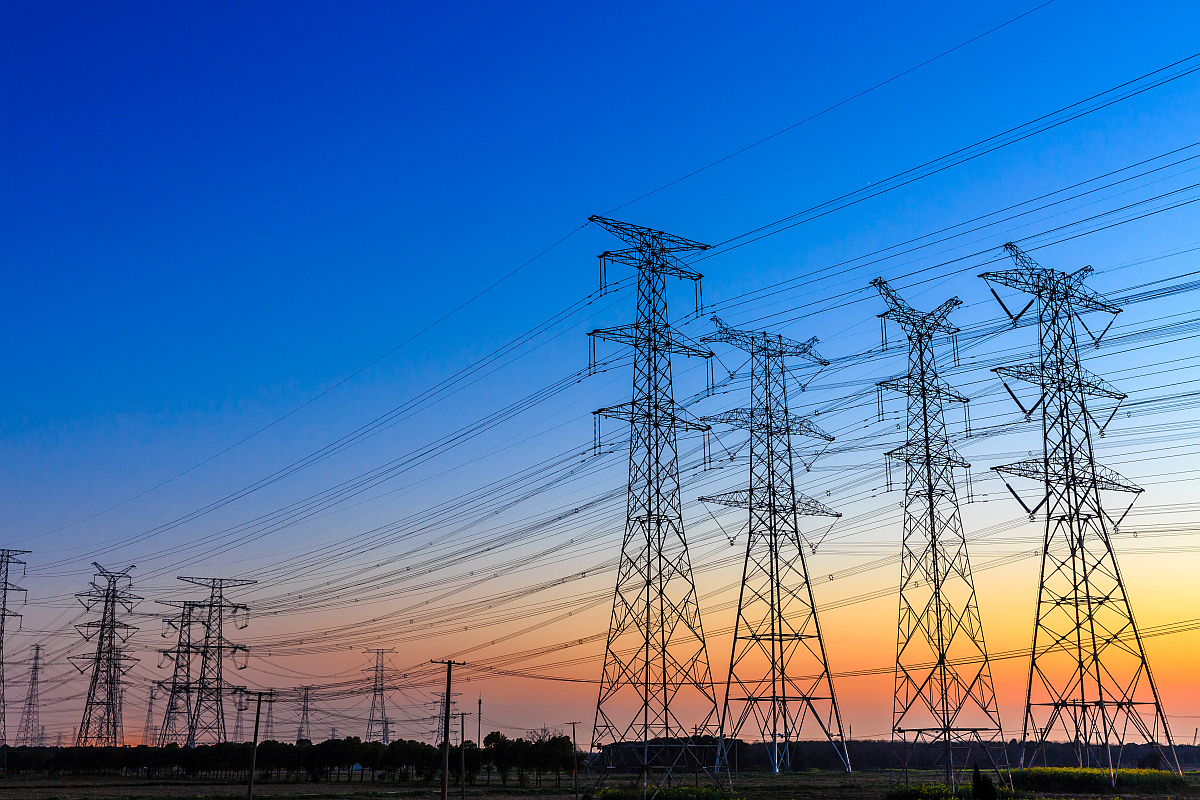Curro Schools: Nurturing Excellence and Innovation in Education
Embark on an educational journey with Curro Schools, renowned for their unwavering commitment to academic excellence, cutting-edge innovation, and a nurturing learning environment. Immerse yourself in the world of Curro Schools, where every student is empowered to reach their full potential. Curro Schools have established a network of campuses across South Africa, providing accessible and … Read more










